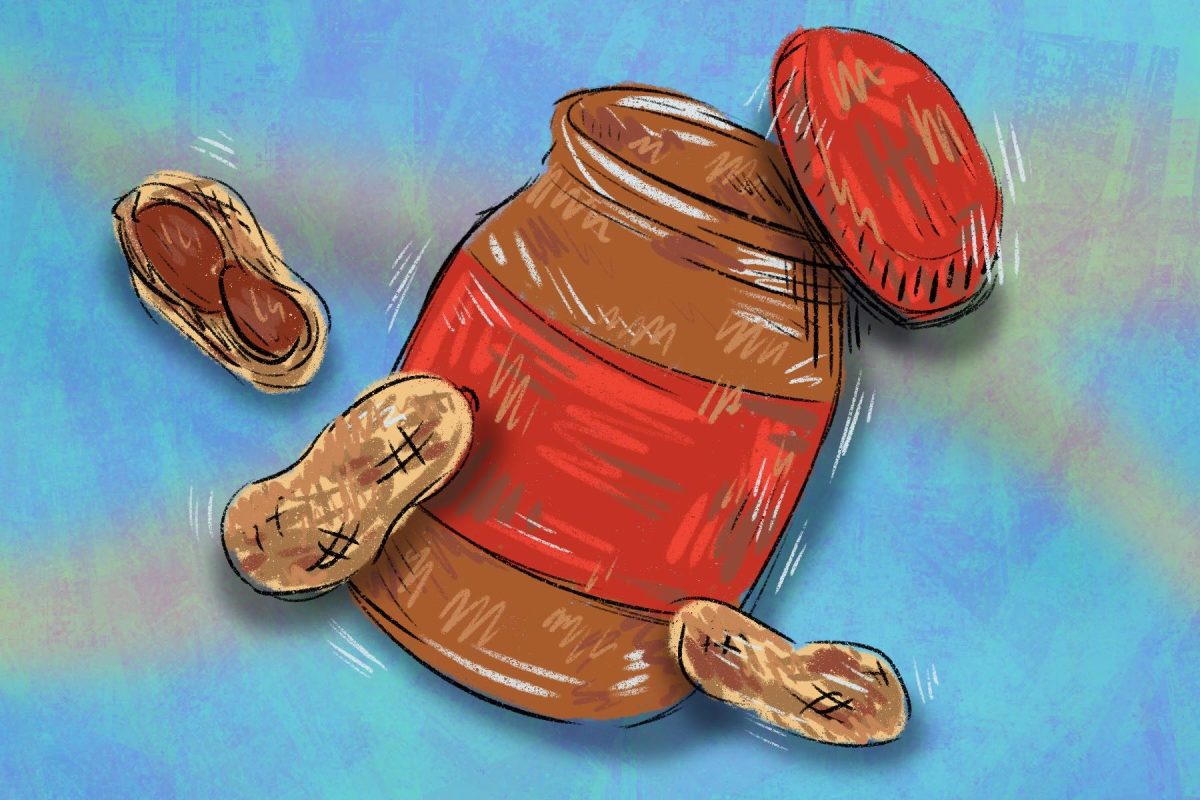In short: The University’s initiative to get students to stop smoking would create an obvious improvement in student health and wellness.
It’s been two weeks since the UA Office of Health Promotion and Wellness started its 30-Day Tobacco Free Challenge, but that doesn’t mean it’s too late to take the pledge. Even two weeks of being tobacco free would be a step in the right direction for the University’s many smokers.
Quitting smoking is a difficult task, and it requires consistent effort and dedication. The results, however, are worth it.
Everyone knows that smoking cuts your life short and leads to pain and suffering. Coughing, wheezing and other outward symptoms are apparent, but smoking also leads to less obvious issues like heart problems. In addition to health concerns, smoking causes one’s teeth to yellow and makes clothes smell. Neither of those are things to strive for, nor are they things you probably want your fellow students to remember you by.
The initiative for not smoking during the month of April is something that can help prospective quitters set a firm goal. If the goal is simple – quit for a month – maybe that month can stretch into two and then into a healthier life overall.
Since April is already half over, quitting for the whole month is not really a possibility for most people. Two weeks would be a great start.
It would also set a more realistic goal. It would be good for the smokers who smoke two packs a day, but it would still be pretty difficult. These are the people who need to quit the most, but they may not be the people who are most easily helped.
Quitting for two weeks would be a great goal for the people who have the quickest route to being smoke-free: casual smokers.
Many college students who smoke don’t smoke a pack a day but are still at risk for all of the negative consequences of tobacco. People who smoke only when they’re at a party or when they’re stressed are still smokers, and they form a large and growing part of the smoking population.
An addiction to nicotine starts with one cigarette. While the best way to stop smoking is never to start, it is also never too early or too late to quit. Two weeks of being tobacco-free may lead to a relapse on May 1, but it may not. The road to a healthier life starts with a conscious effort to give up the things that are obviously harming your body, and that conscious effort should start as soon as possible.
Our View is the consensus of The Crimson White’s editorial board.








